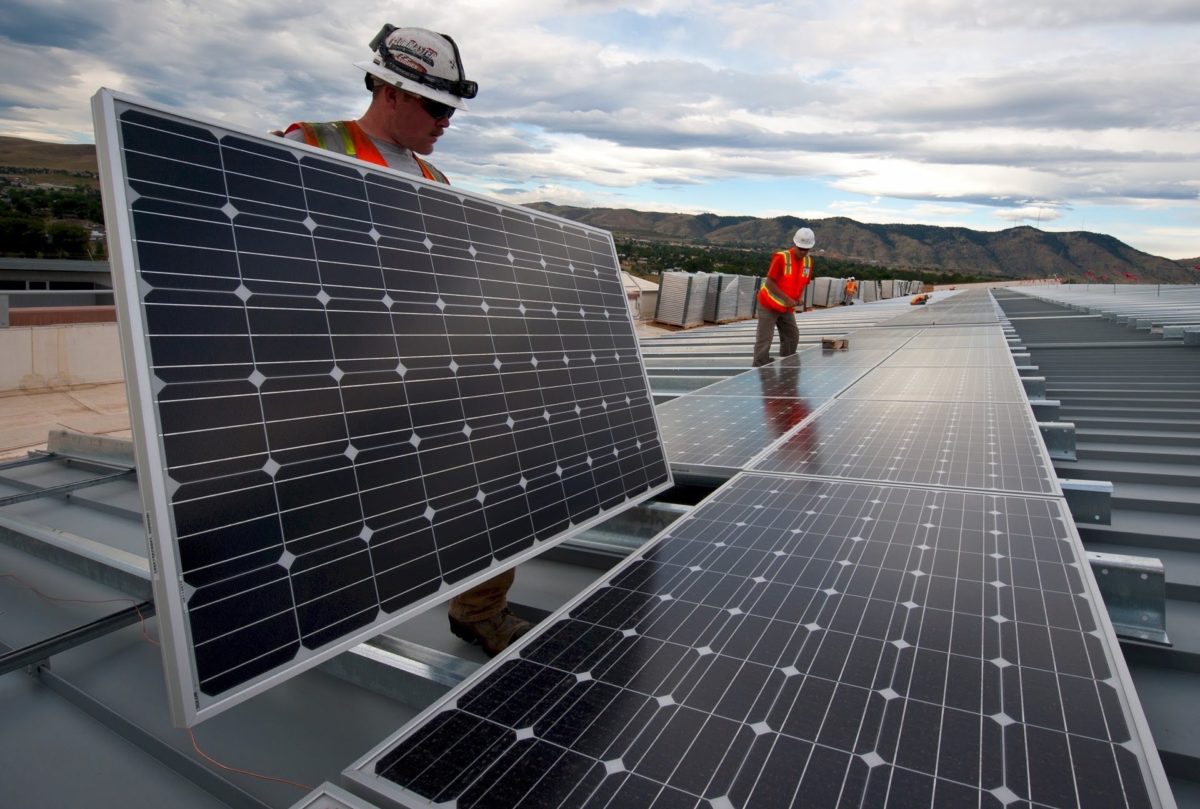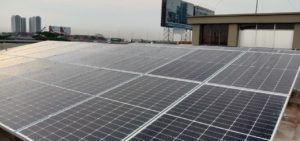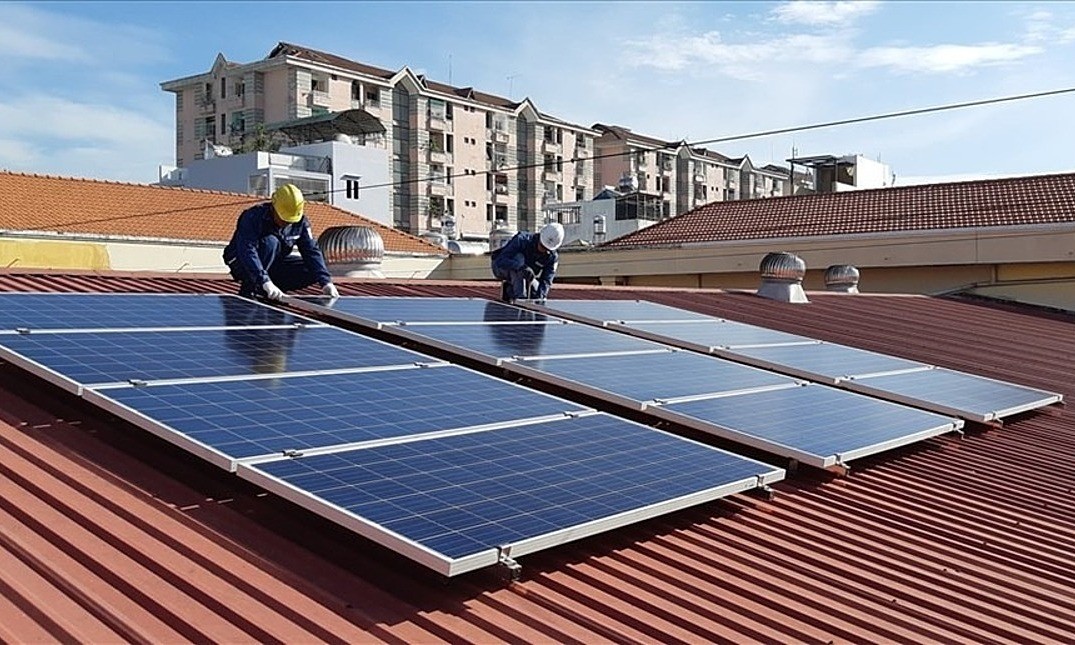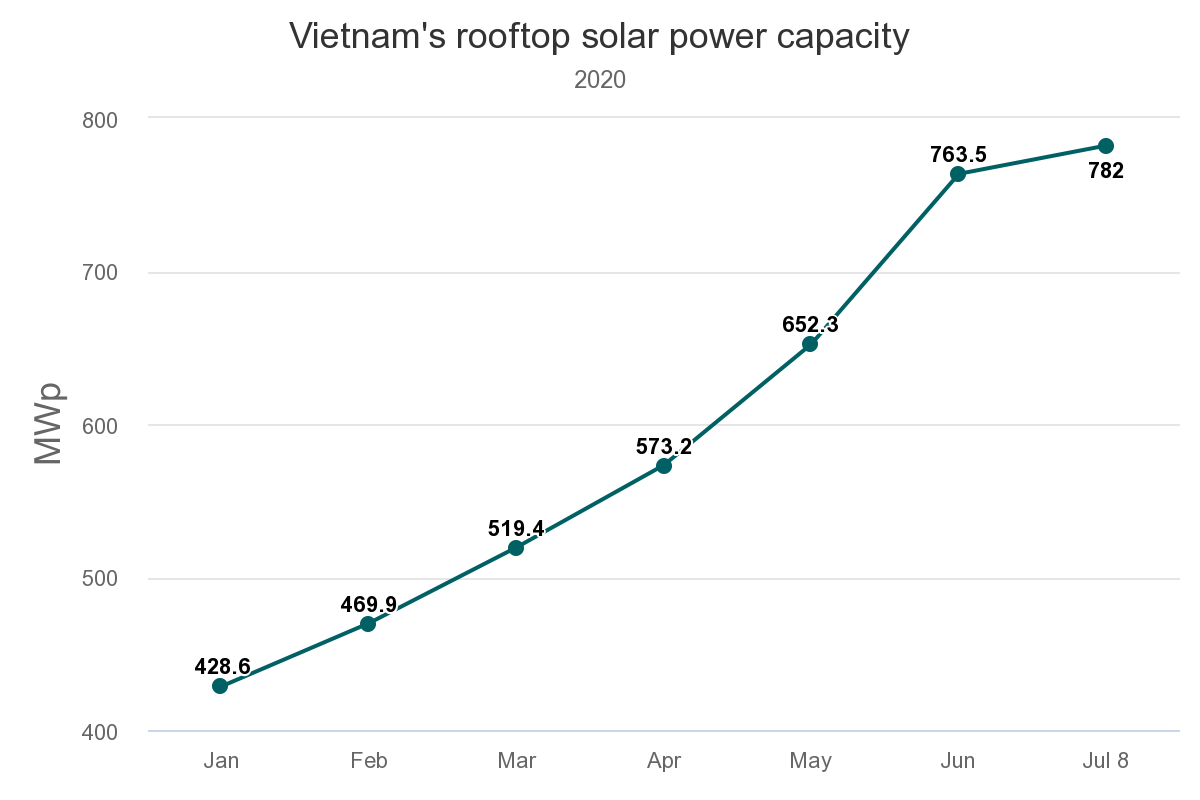The Rooftop Solar Power Development Acceleration Program approved by the Vietnamese Ministry Industry and Trade on 5 July 2019 aims to install up to 100,000 rooftop solar power system across Vietnam with a total capacity of 1,000 MWp by the end of 2025.
However, this target will soon be eclipsed by the recent impressive growth of rooftop solar projects in Vietnam as the installed capacity of the whole country has already reached 932 MWp just by end of July 2020.
This is mainly due to the tangible benefits of rooftop solar power such as: (1) reduce power spend for on-site consumption; (2) lower roof temperature (3) fast deployment time; (4) decreasing investment costs and (5) sustainable growth through the use of green energy.
With only four months left towards end of 2020 for the solar energy investors to utilize the preferential electricity price (FIT2) the race among investors in such a critical period will expectedly add another 1,000 MWp to the country ‘s solar energy output.
Inspired by the huge economic and social benefits that rooftop solar has to offer, Nami Solar, established in October 2019 by high profile Vietnamese experts and investors in the renewable energy sector has taken solid steps towards realizing its ambitious business plan. The company plans to put into commercial operation 15MWp rooftop solar projects by end of this year through profound partnerships with Sonadezi Corporation, Viet Thang and Tan Can. All projects have been launched in June and July.
Looking forward, Nami Solar will continue to deploy in 2021 and 2022 rooftop solar power systems for Sonadezi and Tan Can to help these industrial park developers to shore up its ability for foreign investment. Vietnam currently features high on the radar for international businesses scaling up or choosing alternate sites outside of China. The company’s projected rooftop solar capacity is estimated to be at least 50MWp and 150MWp by end of 2021 and 2022 respectively.






Recent Comments